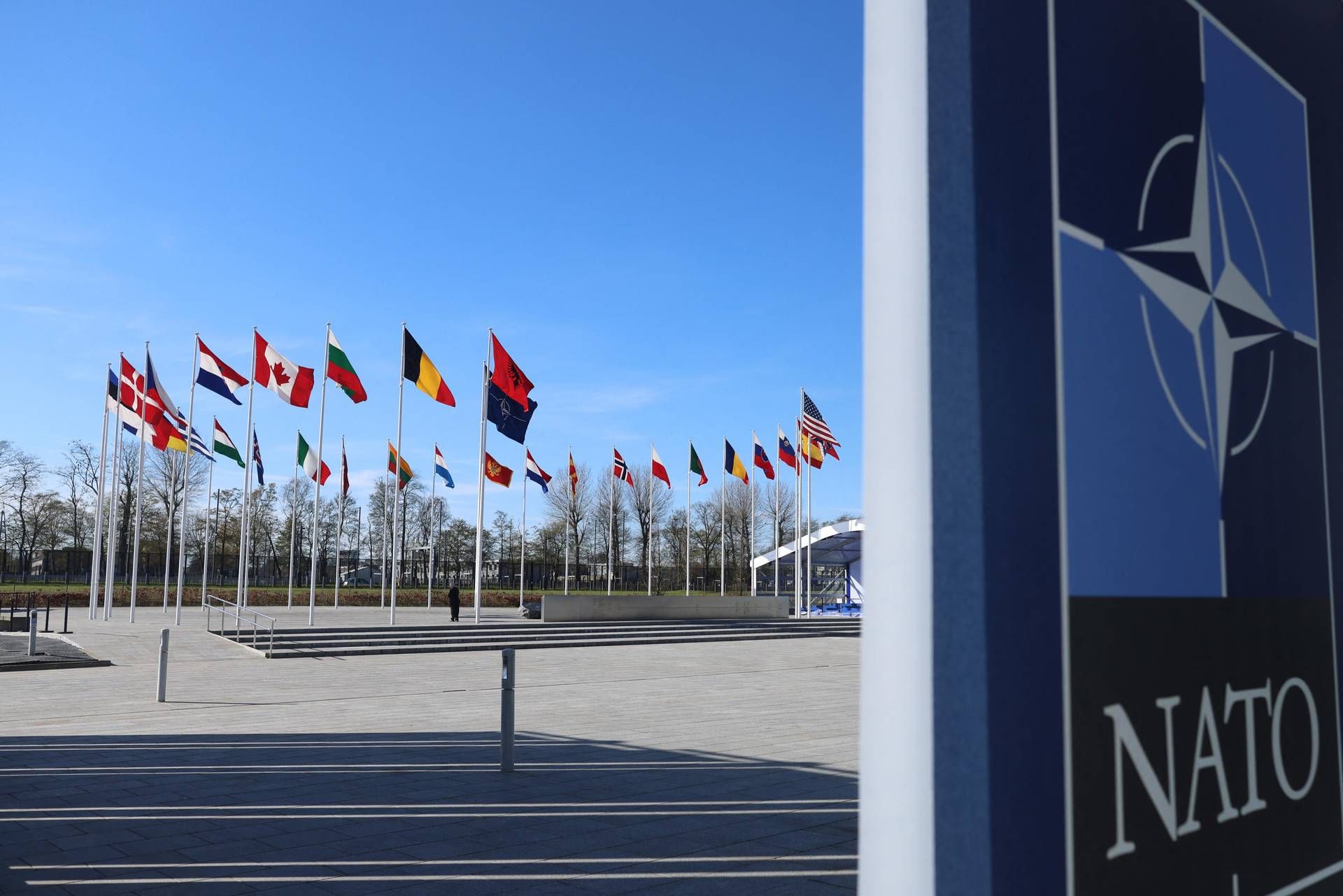Today is “a historic day”, because Finland joins NATO as the “thirty-first member”, which “will make the Finland safer and NATO stronger“. This was stated by NATO secretary general Jens Stoltenberg, in Brussels on the sidelines of the Foreign Ministerial, assuring that “there will be no NATO troops in Finland without the consent of Helsinki. In many countries we conduct exercises and have an air presence, but we do not have permanent bases. This has not been an issue so far in our discussions.”
Today is a “great day” for Finland, but “we hope that Sweden will also become a full member” of NATO, Finnish Defense Minister Antti Kaikkonen said.
“President Putin had it as a stated goal of invading Ukraine to shrink NATO, but he is achieving just the opposite. Finland today, and soon Sweden will also become a full member of the alliance”, Stoltenberg said again, recalling that what is missing is the “ratification” of the adhesion by all the Parliaments of the allied countries and I am confident” that the process will be completed. “I recently spoke with Turkish President Recep Tayyip Erdogan – he continues – and we agreed to restart the permanent mechanism of meetings” between Sweden and Turkey “to ensure that Stockholm’s accession to the Alliance is also ratified”, he concludes.
RUSSIA RESPONSE – According to the Kremlin, Finland’s entry into NATO “will greatly aggravate the situation” e Moscow will be “forced to adopt tactical and strategic countermeasures” faced with what it describes as an “intrusion” by the Atlantic Alliance on its security. “NATO expansion is a threat to our security and our interests. This is how we perceive it,” Kremlin spokesman Dmitry Peskov said, as reported by the Russian newspaper ‘Izvestia’. “This forces us to adopt tactical and strategic countermeasures,” he said.
Peskov stressed that Moscow will carefully analyze the situation in Finland before adopting these countermeasures, although he noted that bilateral relations will undergo changes. “This affects the nature of bilateral relations with states that become new members of the Alliance,” he said.
